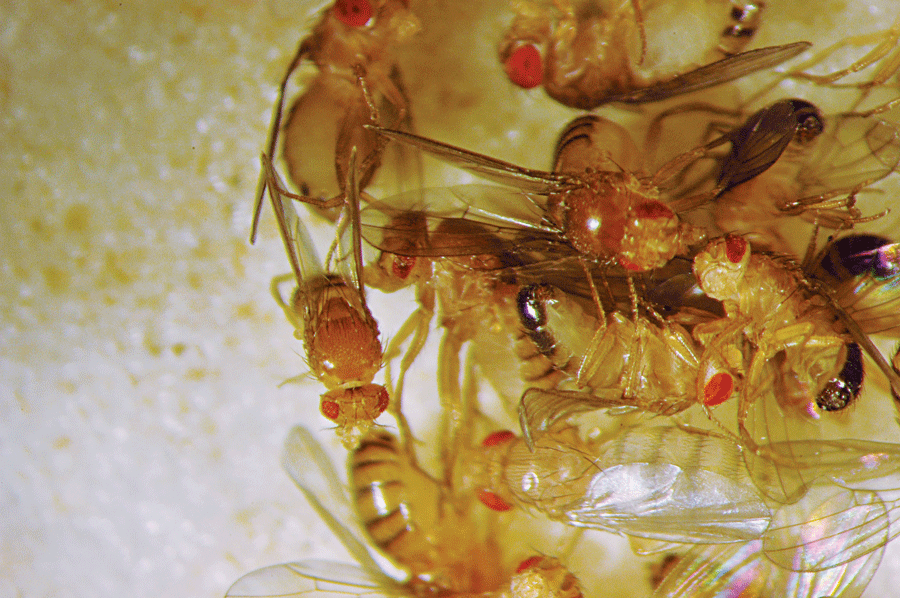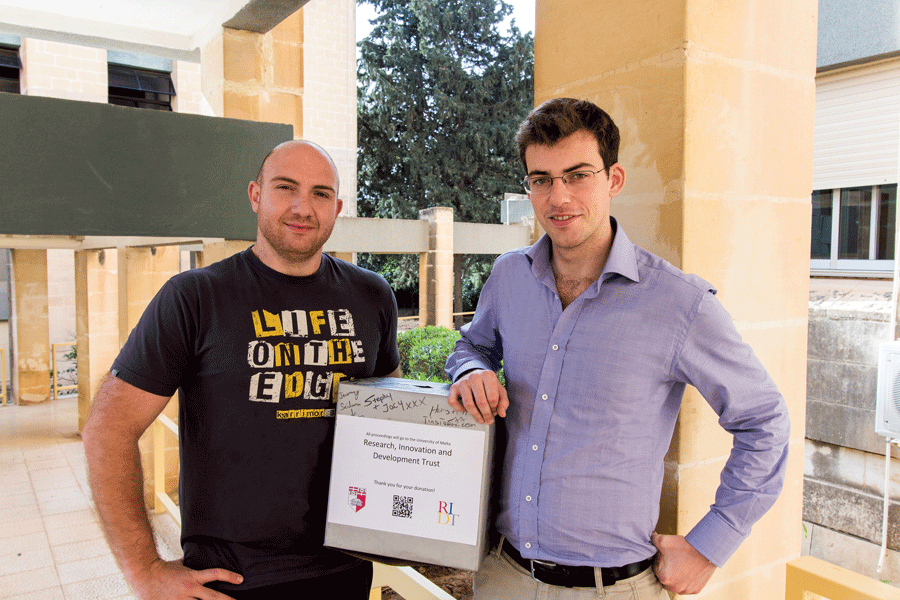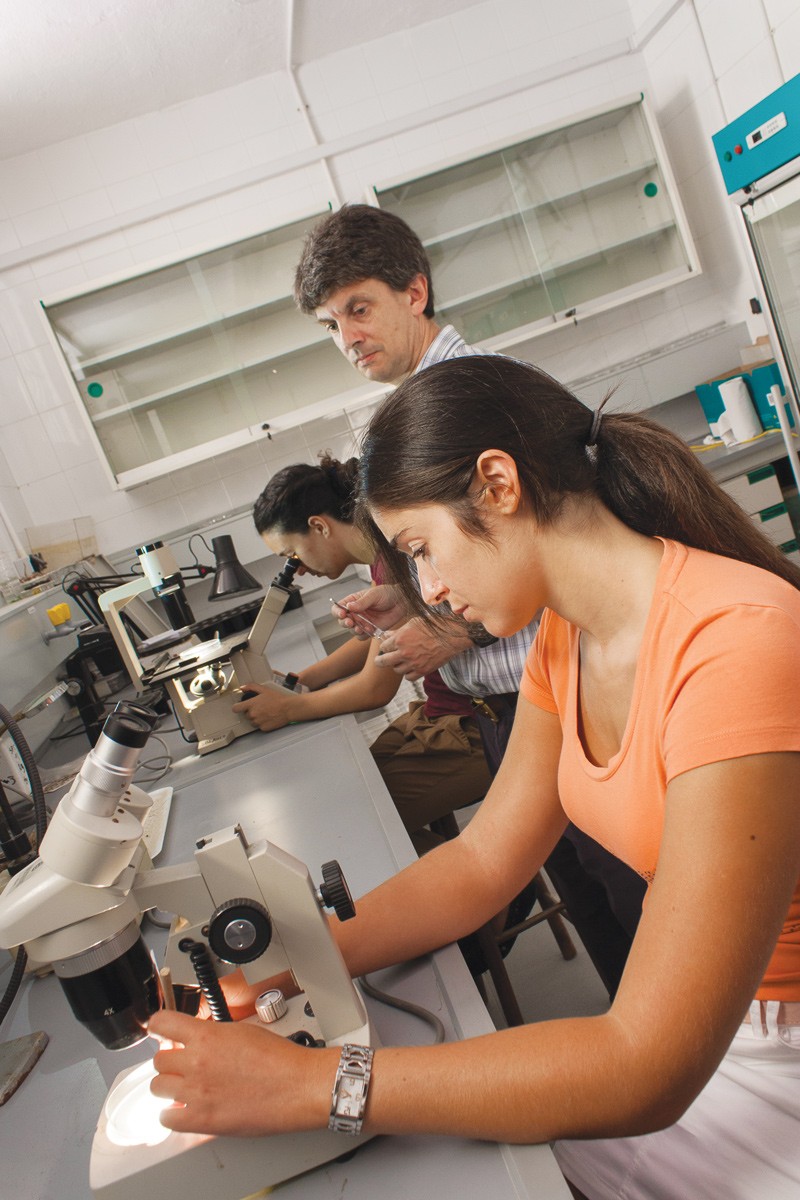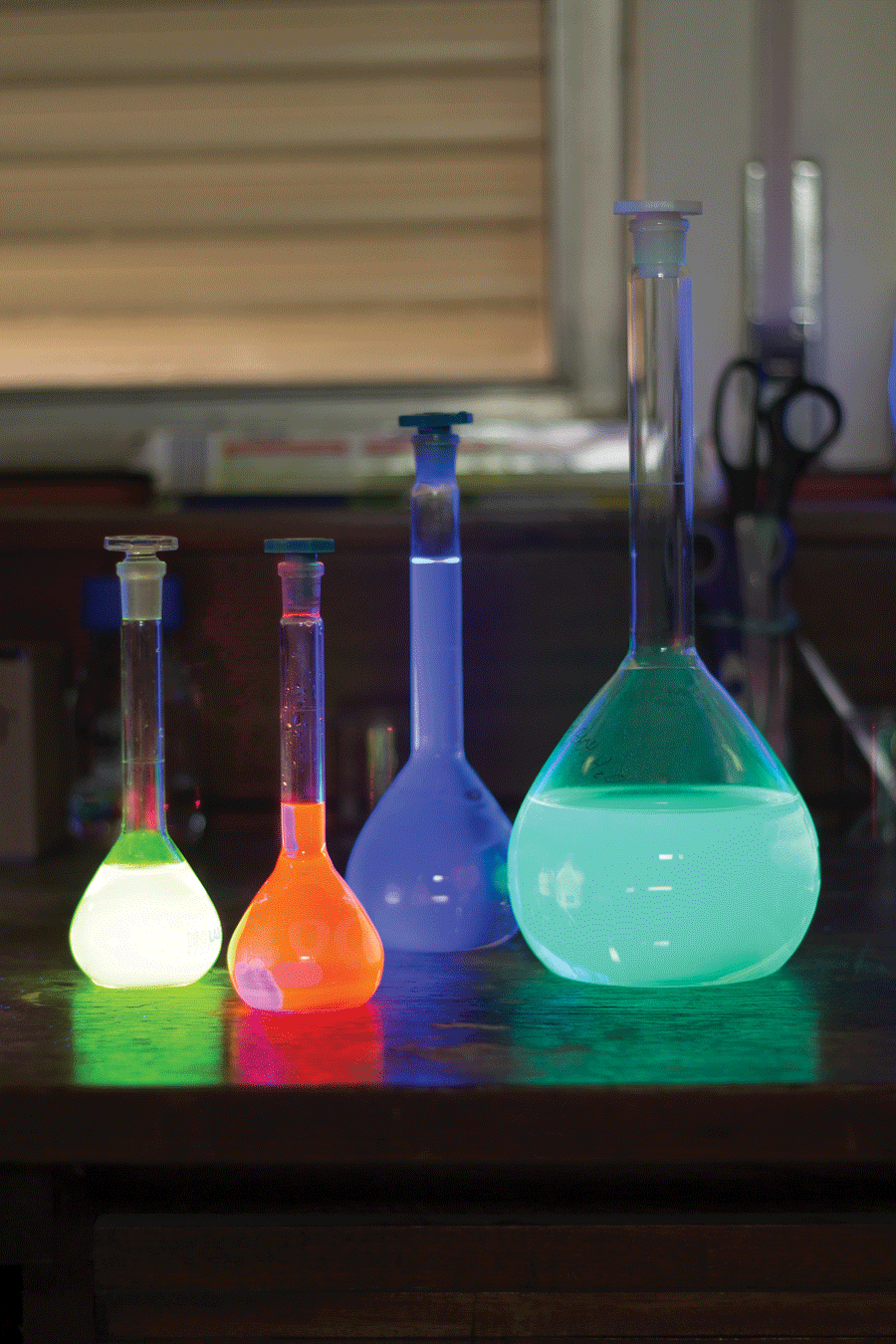Can humans live on other planets?
Well this is a vast question, yes they can. However, it is not all that simple. Start off with the fact that we don’t have the technology to access Earth-like planets we could live on. Over forty planets that could be habitable have already been found.
Reaching the exoplanet might only be half the problem. Will the planet already be suitable for life? Or, will we need to terraform it, manipulate its environment, so we can mould it into our Mother Earth? Will we be wiped out by some unknown disease we have no resistance to—as happened to the aliens in War of the Worlds. Will we be able to adapt to the environment? What about building a colony outside our planet which will be completely independent of Earth? Eventually yes, on a planet with the right conditions, but let’s get there first.
Send your questions to think@um.edu.mt and we’ll find out if it’s the truth or just a fib!
Oceans Re-energised
The world’s oceans support the lives, economies, and health of societies. When the ocean is in decline, a society will also be in decline. Take the Aral Sea Crisis—destroyed by Soviet-era irrigation projects—where a prosperous society used the sea in an unsustainable manner, degrading this resource and their livelihoods. This cycle of decline needs to be turned into a cycle of recovery.Continue reading
Let us set a precedent
 A changing University greeted me when I returned to Malta four years ago. This culture of change has only snowballed as new institutes, centres, and facilities have opened up, backed by personnel that are pushing its research portfolio. To continue supporting this progress the Research Trust (RIDT) is launching a Staff Contribution Scheme as from January 2015.Continue reading
A changing University greeted me when I returned to Malta four years ago. This culture of change has only snowballed as new institutes, centres, and facilities have opened up, backed by personnel that are pushing its research portfolio. To continue supporting this progress the Research Trust (RIDT) is launching a Staff Contribution Scheme as from January 2015.Continue reading
The Death of the Temple People
Welcome to Malta’s largest archaeological attraction: the Temple Period. We have Maltese and British archaeologists to thank for this heritage that has been dug up since the early 20th century. Yet there are still unanswered questions why these people survived for so long then suddenly vanished. The FRAGSUS project—the largest international archaeological collaboration in Malta and Gozo—is trying to answer why.
I’m sorry I forgot: Is dementia Malta’s next national crisis?
In 2010, the total number of individuals with dementia in Malta stood at about 5,000. By 2030 that figure will double to 10,000. The evolution of healthcare technology has bestowed a longer life upon the human race. But this extended lifespan comes at a price. The prevalence of neurodegenerative diseases normally associated with old age, such as the many forms of dementia, is on the rise. With no cure in sight, the future depends on the development of effective prevention and care methods. This is the mission of Dr Charles Scerri, Anthony Scerri, and their team as they join forces to battle dementiaContinue reading
The Pool Party: Life at the Extreme
Shrimps, water fleas, waterworts, and pondweeds, this is one wild party. Dry summers with temperatures of over 40 degrees in summer and flooded winters, life in a rockpool is not easy. Decades of research by local ecologists have shed light on this extreme habitat—Dr Sandro Lanfranco, Kelly Briffa, and Sheryl Sammut tell us more.Continue reading
Colouring Chemistry
Smart, logical, and colourful. Dr David Magri and his team develop intelligent molecules. They are not only smart because they perform logical functions, similar to computers, but because they can detect miniscule changes in their surroundings that causes them to emit a large array of colours. These colour changes are intriguing researchers and are a great benefit to society.
An Eventful Research Summer
Maltese summers can be harsh and exhausting. Luckily, this year’s was not a summer to be particularly remembered for its heatwaves or for its breathless nights. Still it is always better to be on holiday, enjoying a sea breeze or, even better, enjoying the beauty of some remote, cool mountainous resort. Some were lucky enough to spend their summer in such manner. Other not so lucky ones, continued with their routine while dreaming of next year’s summer.Continue reading
Why do banana-flavoured sweets taste differently from real bananas?
The flavour profile of banana sweets was created using the Gros Michel banana. This variety was the original reference banana flavour. In the 50s the fungal Panama disease wiped it out.
Why did the Gros Michel banana fall prey to disease? Well, commercial bananas are clones—identical copies to one another—so when a disease infects one banana it can quickly spread throughout plantations. Couple that to a globalised world and the fungal infection spread like wildfire. With no resistance and time to adapt, this banana variety was doomed.
The Cavendish banana was introduced to meet commercial demands. Unfortunately for us, this banana is a bit bland. The superior taste of the Gros Michel banana was relegated to artificial flavours leaving us with a hint of the original banana taste.














